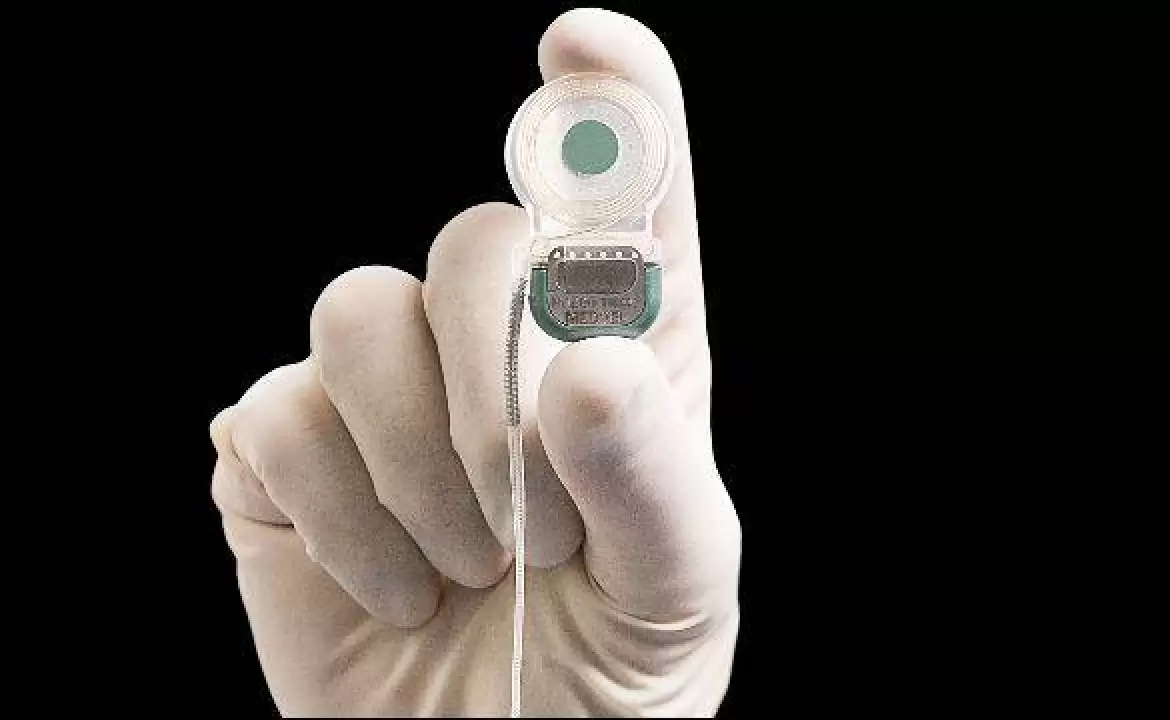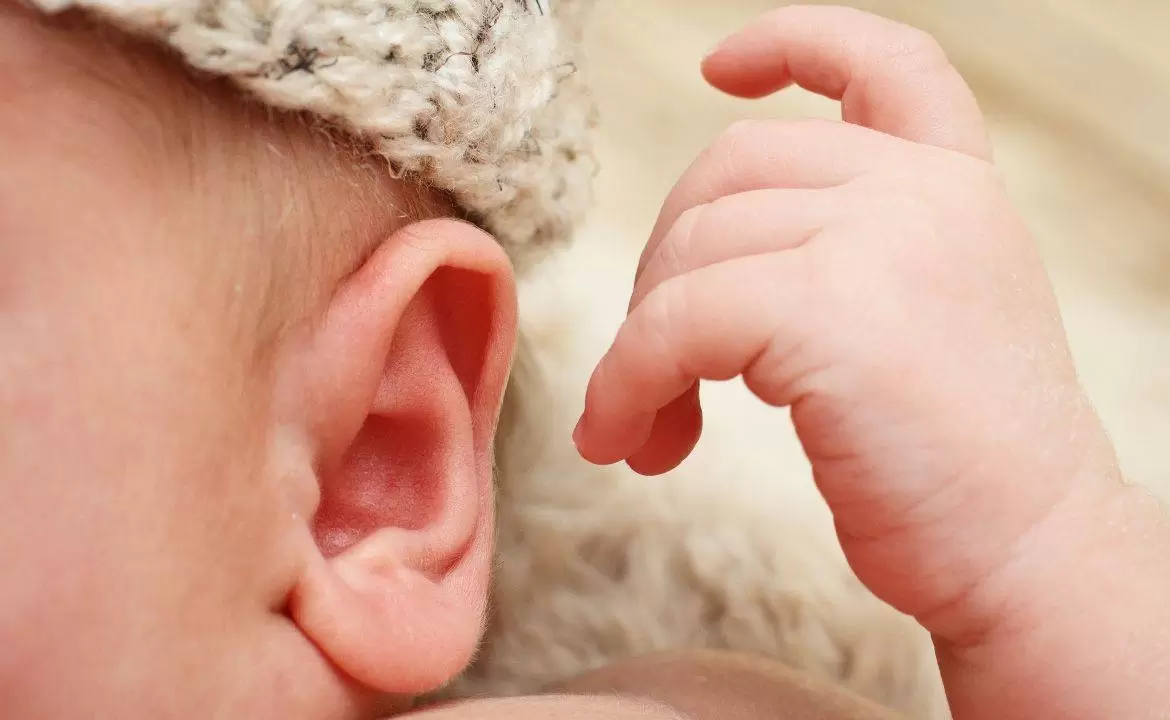Is My Child a Candidate?
Your ENT doctor or audiologist will help you to determine if your child is a candidate for a cochlear implant. The next step is to contact an ENT clinic with a cochlear implant programme. (Itt link a klinikákhoz) Your local team of CI specialists will work with you to determine the best possible solution. Below are some general guidelines that are used to determine candidacy for cochlear implantation.
Your child may be a candidate for a cochlear implant if he or she:
- Has a profound sensorineural hearingloss in both ears.
- Receives little or no benefit from hearing aids.
- Has no contraindication preventing surgery.
- Has access to appropriate education and rehabilitation follow-up.
- Has access to an environment that supports successful learning and rehabilitation with a hearing implant.
Not every child with a profound hearing loss is a candidate for cochlear implantation. Here are some common reasons why cochlear implantation may not be the best choice:
- If your child can receive a significant benefit from hearing aids, they are likely to be the better solution.
- If your child’s hearing loss comes from somewhere other than the inner ear, another solution, such as a middle ear implant, might be more effective.
- To gain the best benefit from a CI, it is important for children to have the full support of their family and to participate in rehabilitation programmes. This is vital to ensure that your child obtains the best hearing experience using the implant. If a family cannot commit to participation in a rehabilitation programme, alternative options to a CI may need to be considered.

